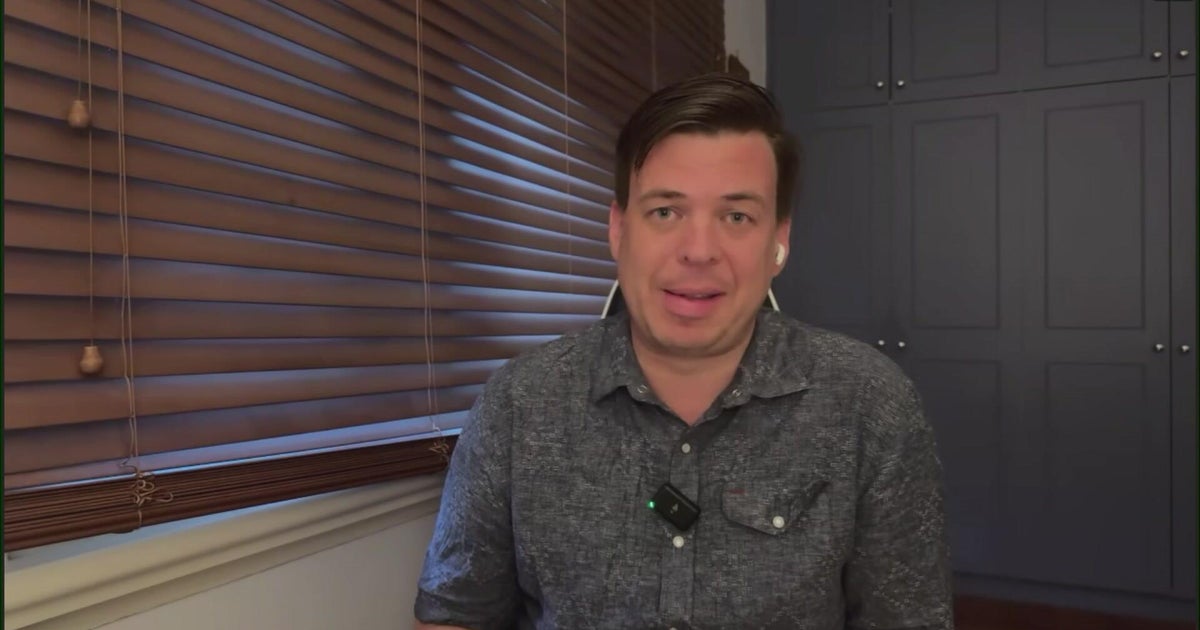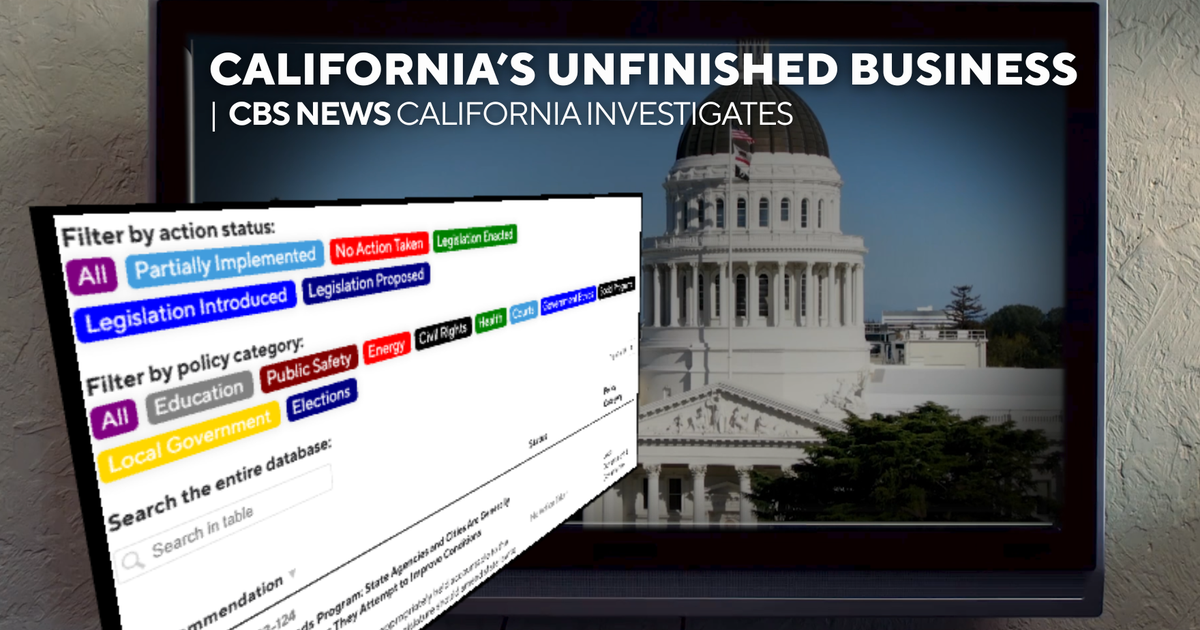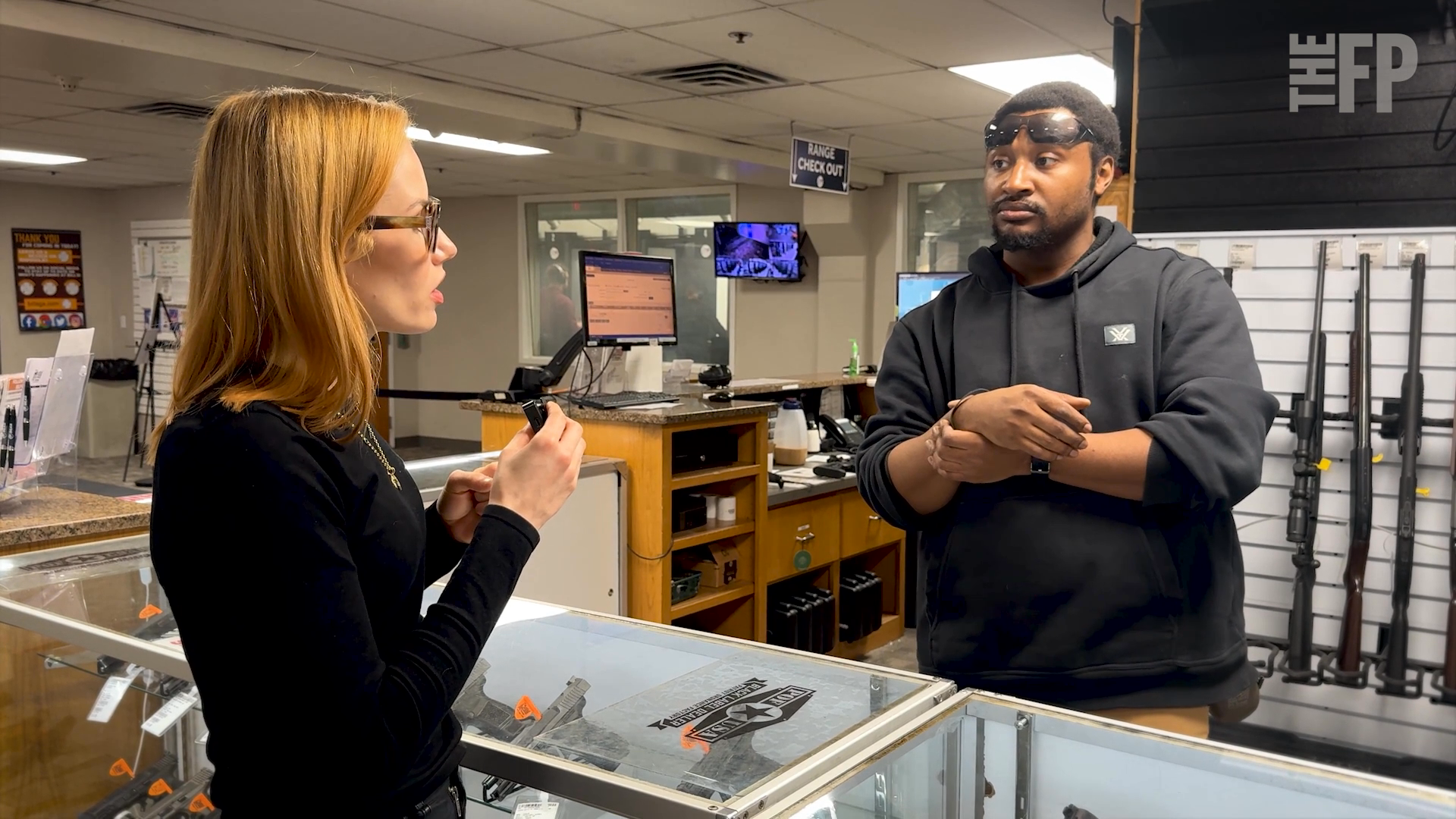Can mandatory liability insurance for gun owners reduce violence? These local governments think so.
The idea has been floated for years, and it may seem straightforward enough: if gun owners were required to purchase liability insurance, proponents argue, they would have to follow safe practices to limit their financial and legal risk, thus reducing incidents of gun violence.
But as New Jersey and the city of San Jose, California, have found, actually implementing the idea can be quite difficult.
A recently enacted gun control law in New Jersey that among other things required gun carriers to purchase mandatory liability insurance was scheduled to go into effect on July 1, until it was blocked by U.S. District Judge Renée Marie Bumb.
Bumb, citing the Supreme Court's 2022 decision on gun carry permits, ruled that parts of the law went too far and infringed on the right to bear arms. "The insurance mandate does regulate who can carry firearms in public," she wrote, explaining how the state was overreaching its constitutional authority, thus dealing a blow to the measure.
If implemented, New Jersey's insurance requirement would have been the first statewide mandate of its kind.
For years policymakers and legislators have been trying to figure out a solution to America's increasingly complex and entrenched gun violence problem. According to data gathered by CBS News, in 2023 so far there have been 276 mass shootings – more than double from five years ago. There have been more than 18,600 firearm deaths this year, according to the Gun Violence Archive. More than 10,500 are deaths by suicide, and 118 children under 12 years old were killed by guns, according to the archive.
Can insurance change behaviors?
Mandating liability insurance has been proposed as a market-driven regulation for years, but the idea started to gain traction after the 2012 Sandy Hook shooting that left 20 children dead.
An insurance marketplace, proponents say, would ensure gun owners follow safe practices and avoid risky decisions in order to avoid paying high premiums or losing coverage, similar to the auto or health insurance model.
"Insurance companies can't tell us to do anything, but what they can do is to make decisions about whether they are going to insure us," Peter Kochenburger, a visiting law professor at the Southern University Law Center told CBS News. Kochenburger filed a report to the court in the New Jersey case.
But gun rights advocates have fiercely opposed the idea and have used the court system successfully to block the measures.
Opponents say that mandated insurance coverage unconstitutionally regulates who can carry firearms and interferes with Second Amendment rights – basically the legal basis of Bumb's New Jersey ruling.
An ordinance in San Jose, California, requiring gun owners to purchase liability insurance has also been mired in litigation since it was passed in 2022. The municipality has yet to implement the mandate since it was sued in federal court by gun rights groups.
The law requires gun owners to buy insurance and pay a $25 fee. The city will distribute those fees to a non-profit which then will disburse the funds to programs designed to reduce gun violence. A gun rights organization filed suit in federal court in San Jose the same day the ordinance was passed.
"There is a gun violence crisis in this country, and it only gets worse each day," said Shira Lauren Feldman, legal counsel for Brady United, who filed amicus briefs for both New Jersey and San Jose. "The gun lobby's use of the courts to delay the implementation of life-saving gun violence prevention measures on a wide array of issues is extremely frustrating."
But she added the legal fight was worth having. "We're optimistic that many of these laws will ultimately be found constitutional, and we look forward to their taking effect."
A uniquely American idea
Proponents say that mandating liability insurance for gun owners harnesses long-held and trusted American ideas around the power of the market to tackle a uniquely American problem.
In their amicus brief, Brady referenced the first property insurance company founded by Benjamin Franklin in Philadelphia in 1752 to encourage homeowners to implement safety measures after a series of fires in the city. He started it so homeowners "would come together to share the risks," the company said on its website and highlights the lengthy history insurance plays in American culture.
Insurance in other industries works in similar ways.
Kochenburger, the law professor, says liability insurance could reduce gun violence by "leveraging insurers' ability to collect and analyze data into risk classifications," and to utilize risk-based pricing to encourage "safer gun purchases, storage and use."
Insurers can set an insurance premium based on the gun owners' record, similar to the way they issue car insurance premiums based on previous accidents, tickets and driving records. Car owners who have good driving records get better rates as safety and caution are rewarded.
"Insurance and insurers have a long record of reducing overall risks in some markets, such as workers' compensation and employee safety, building construction, and areas of professional malpractice," wrote Kochenburger in a law article.
This approach, Kochenburger says, "is worth trying." But he cautions that insurers might not have sufficient underwriting risk to take on the challenge.
Outside the scope of insurance coverage
Some insurance companies currently offer different types of coverage for firearm liability under homeowner, umbrella and renter policies because there is not a specific exclusion. However, most insurers do not offer separate stand-alone gun liability coverage and no insurer would provide coverage for illegal or "criminal" acts, such as mass shootings.
Kochenburger cautioned that insurance companies might not underwrite specialized firearm policies outside of existing policies for several reasons, including legal or, more likely, reputational risks. Insurers may not want to be involved "especially since they can be seen as controlling the money and the settlement discussions," around gun violence or mass shootings, Kochenburger said.
Jon Schnautz, assistant vice president of state affairs for the National Association of Mutual Insurance Companies, a trade association representing insurance companies, told CBS News that he did not "see a role our industry can play" in underwriting gun policies. In a 2013 brief, NAMIC counsel wrote: "From the start, the issue has been more of a public relations phenomenon than an earnest policy debate."
Schnautz said aside from some negligence or accidental acts, a vast majority of firearms-related injuries are intentional, and that falls outside of the scope of insurance coverage. Similar to not covering a house that was burnt down by arson, insurance wouldn't be able to cover firearm murders or suicides.
The NRA filed a lawsuit with its affiliate Association of New Jersey Rifle & Pistol Clubs against the New Jersey legislation which "requires gun owners to acquire insurance that does not appear to exist in the state."
And when the San Jose ordinance passed the NRA published a news statement saying; "Taxing lawful ownership and requiring insurance will do nothing to reduce gun violence, which is often committed by repeat criminals who will not be paying the fees or obtaining insurance."
An NRA spokeswoman told CBS News that "our position should be pretty clear."
But Kochenburger says the time has come to change the direction of the debate. "Insurers and insurance need to be seen as allies in combating this continuing American tragedy."
Scott Knowlton contributed reporting.



